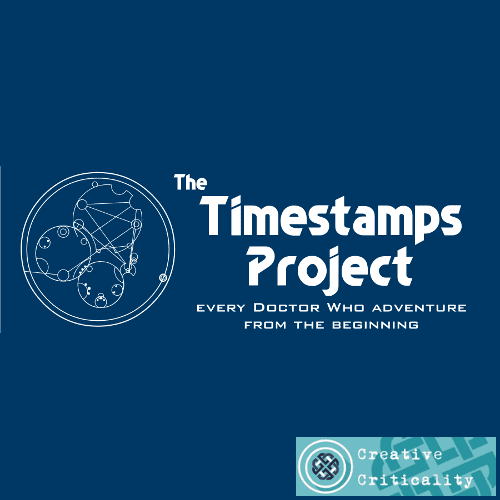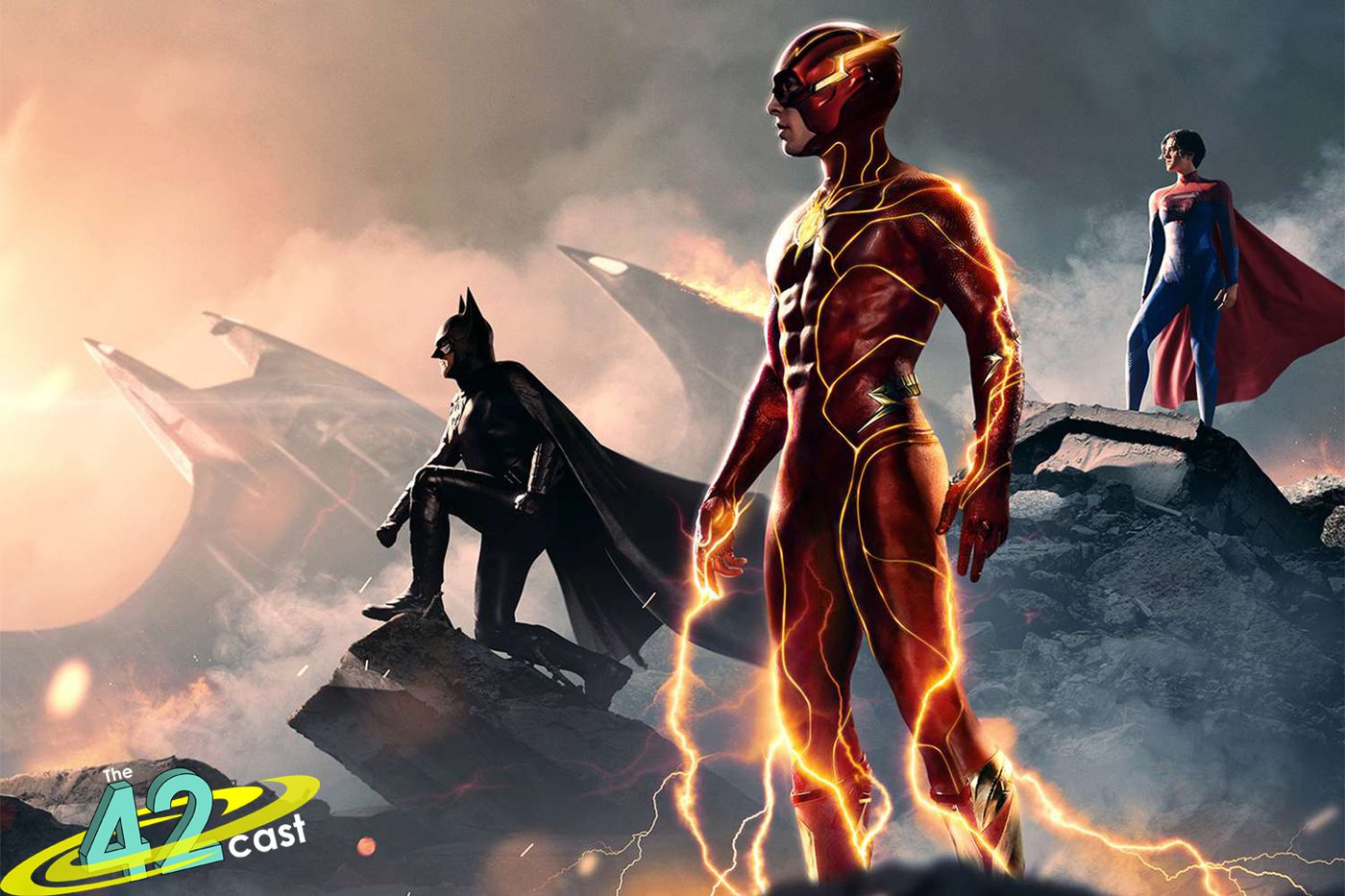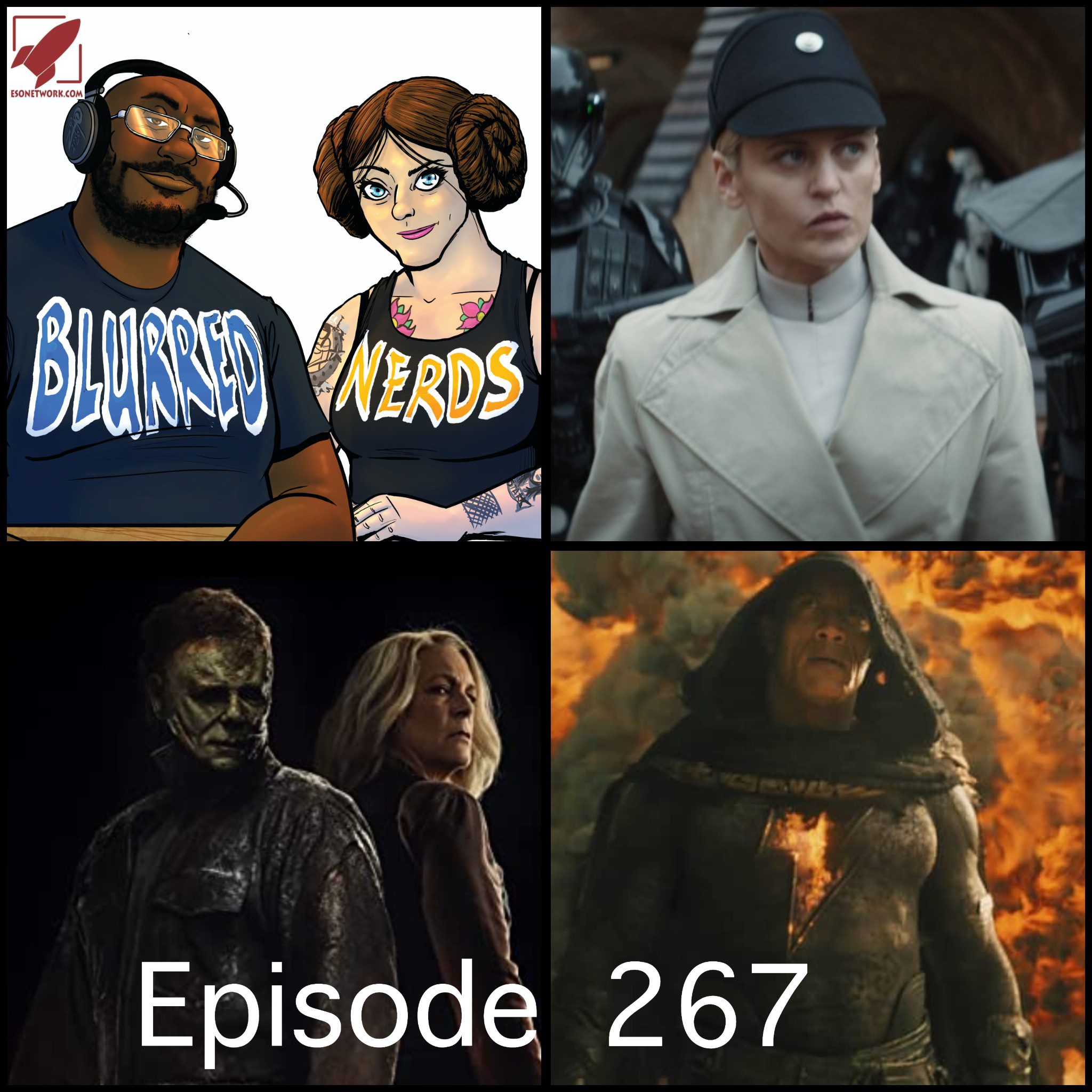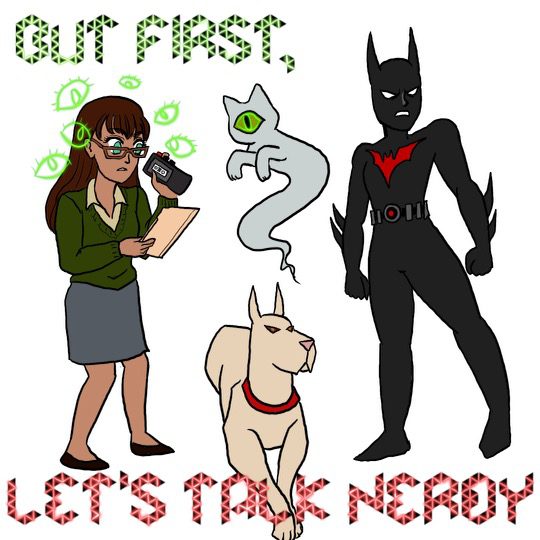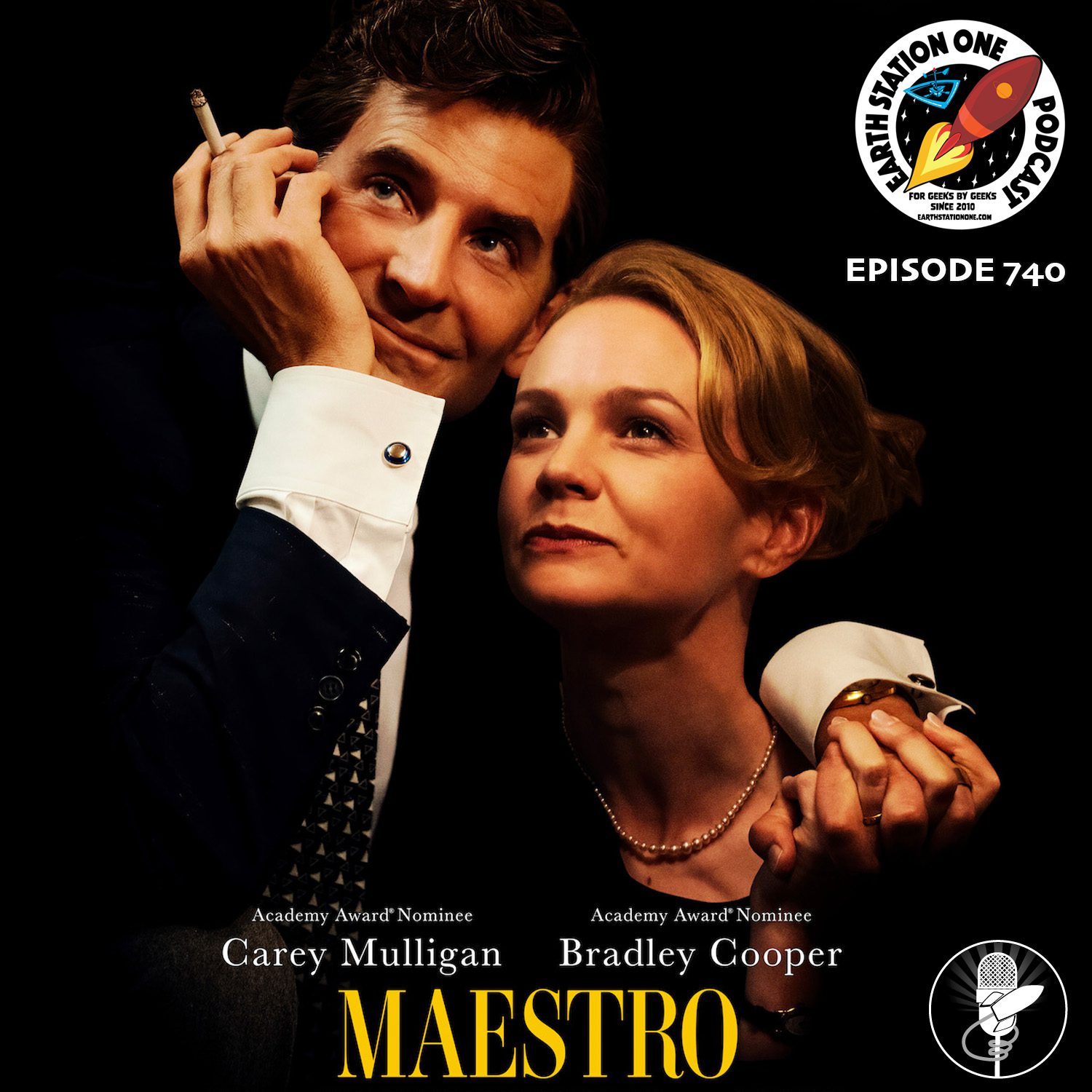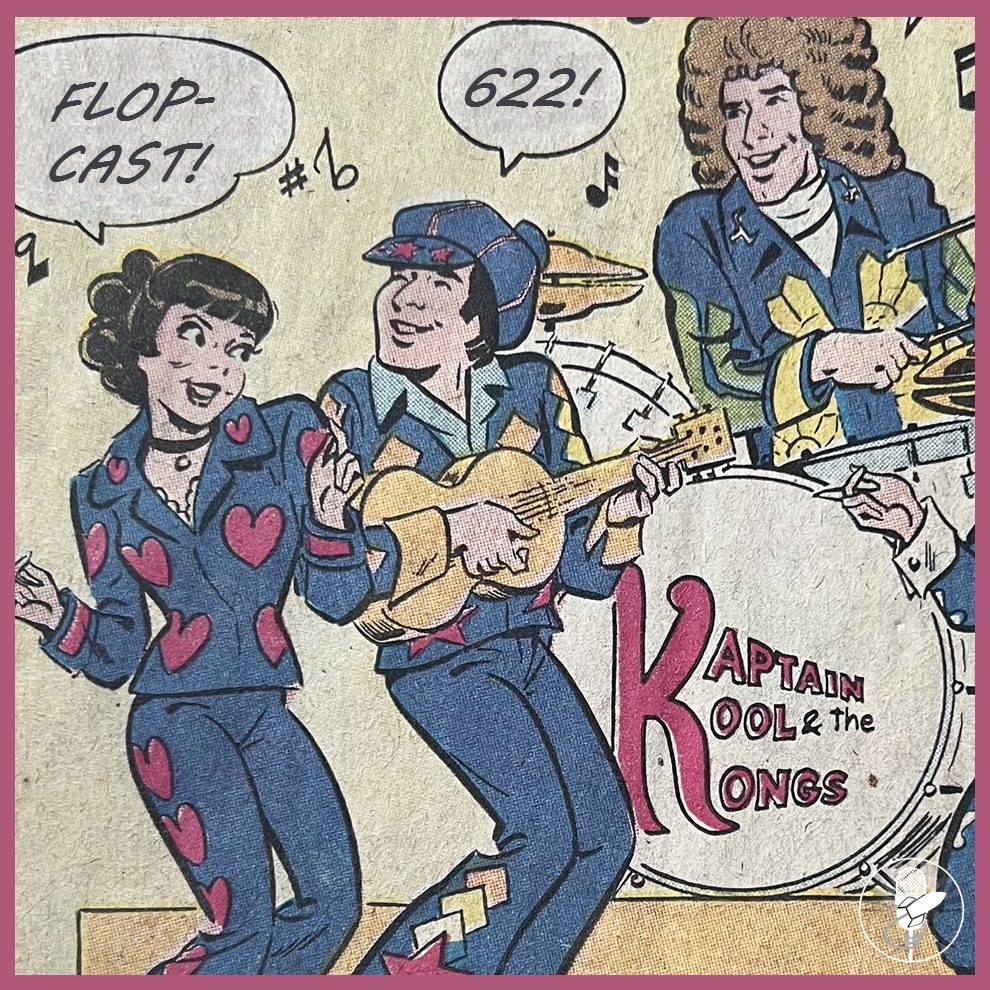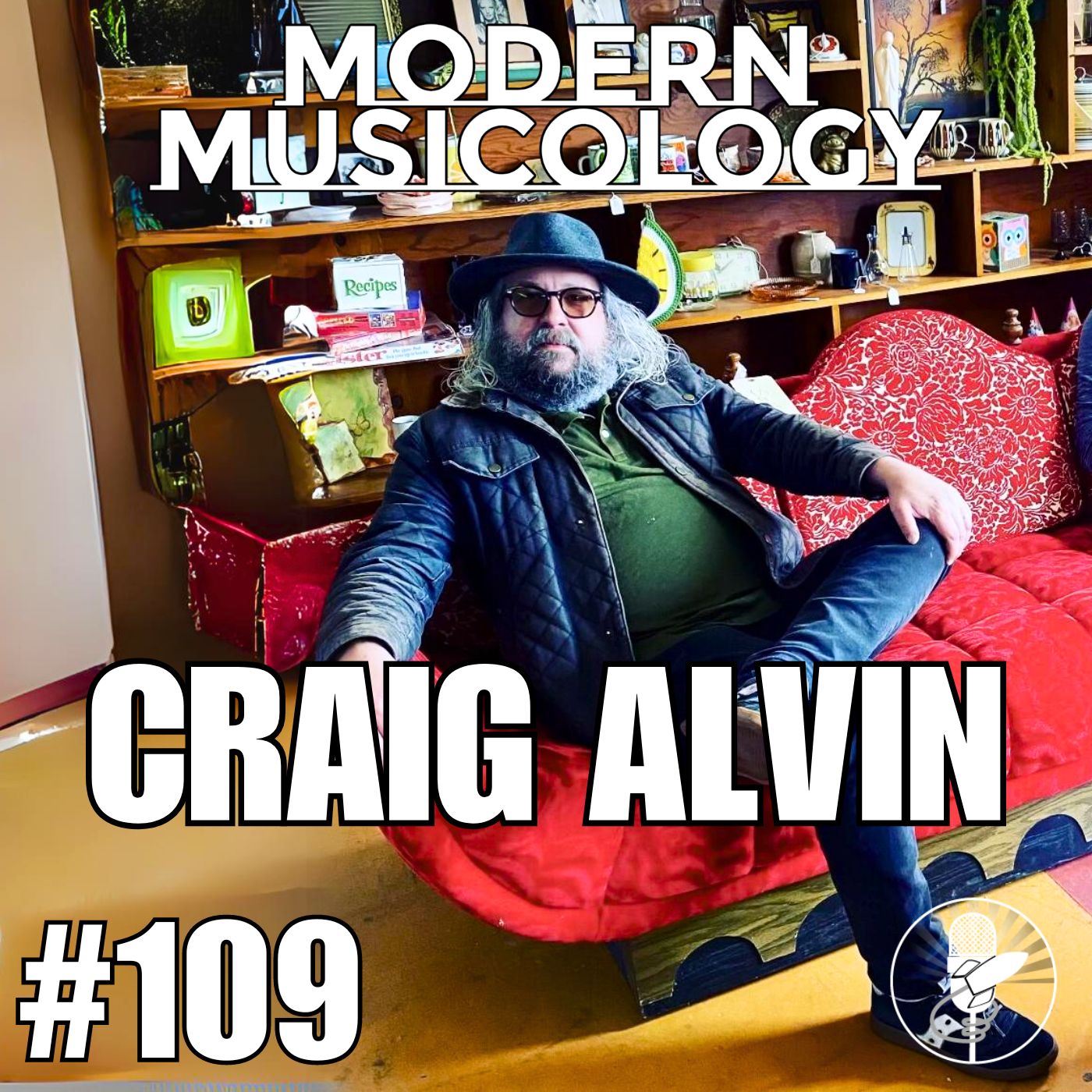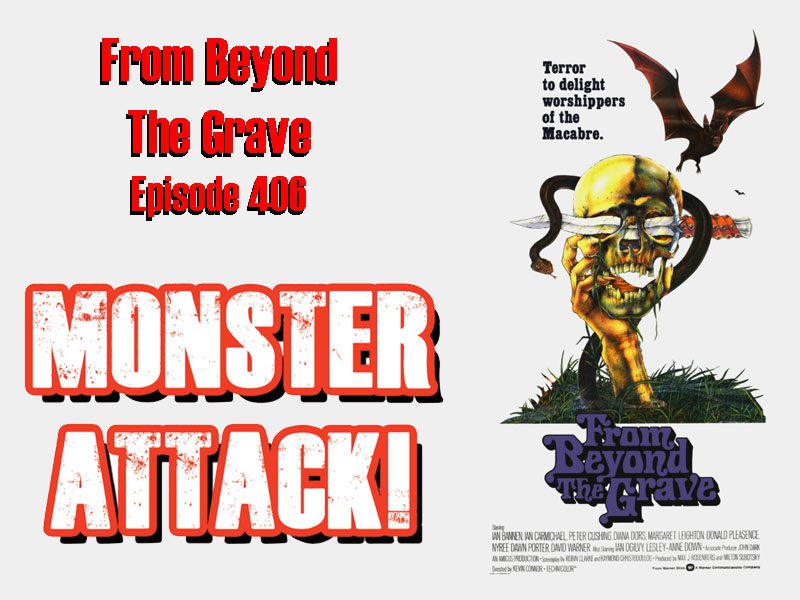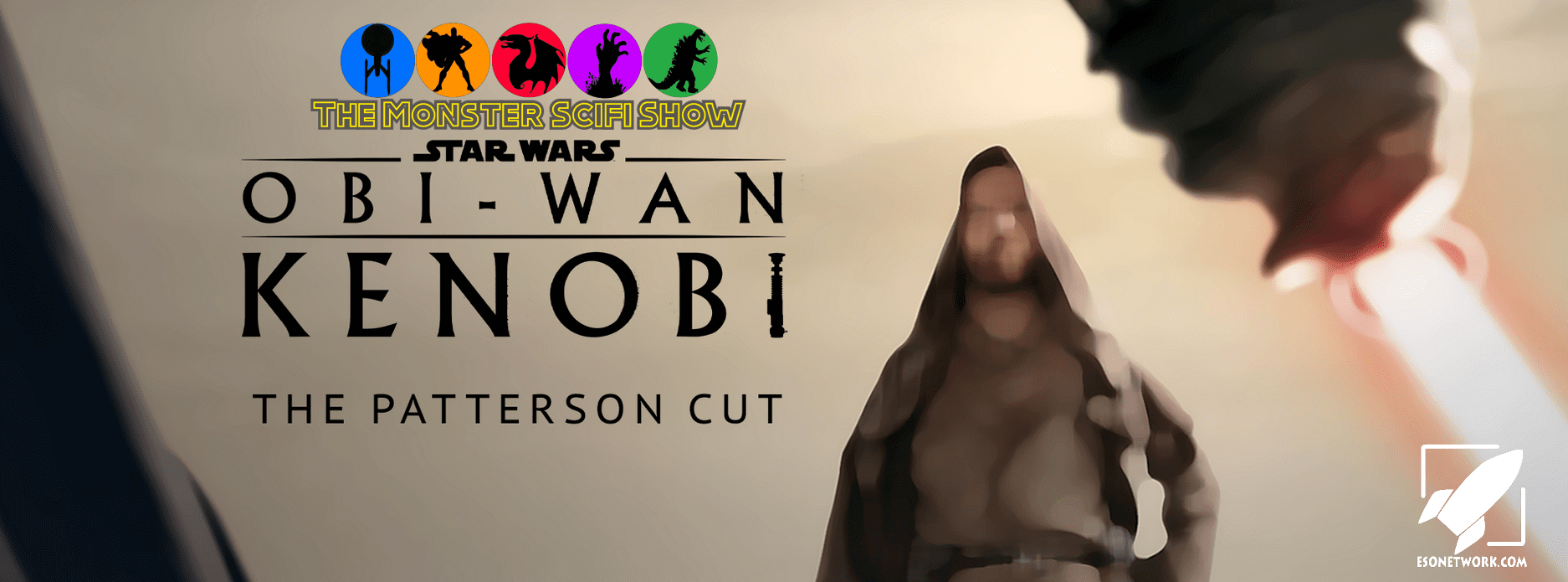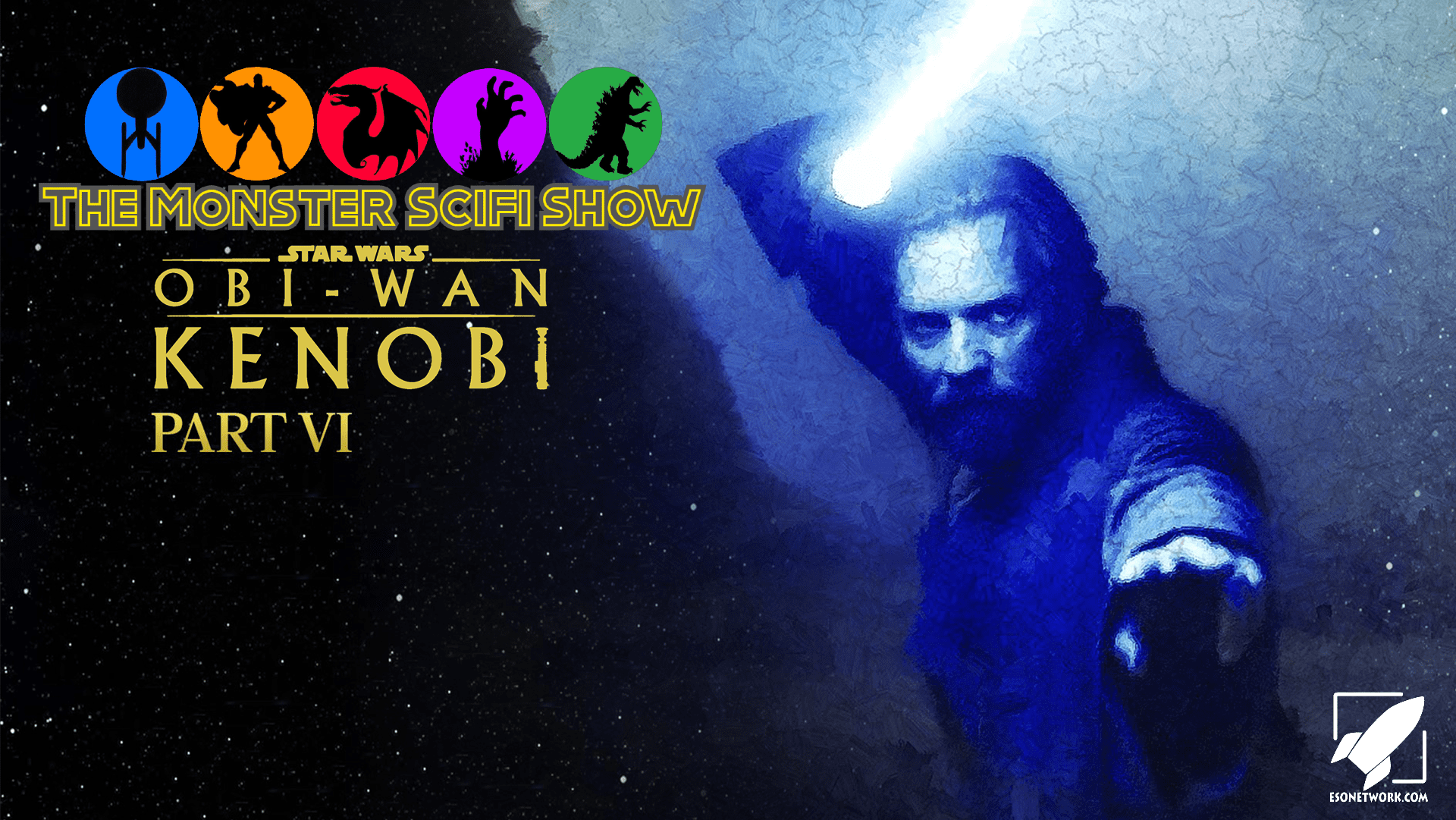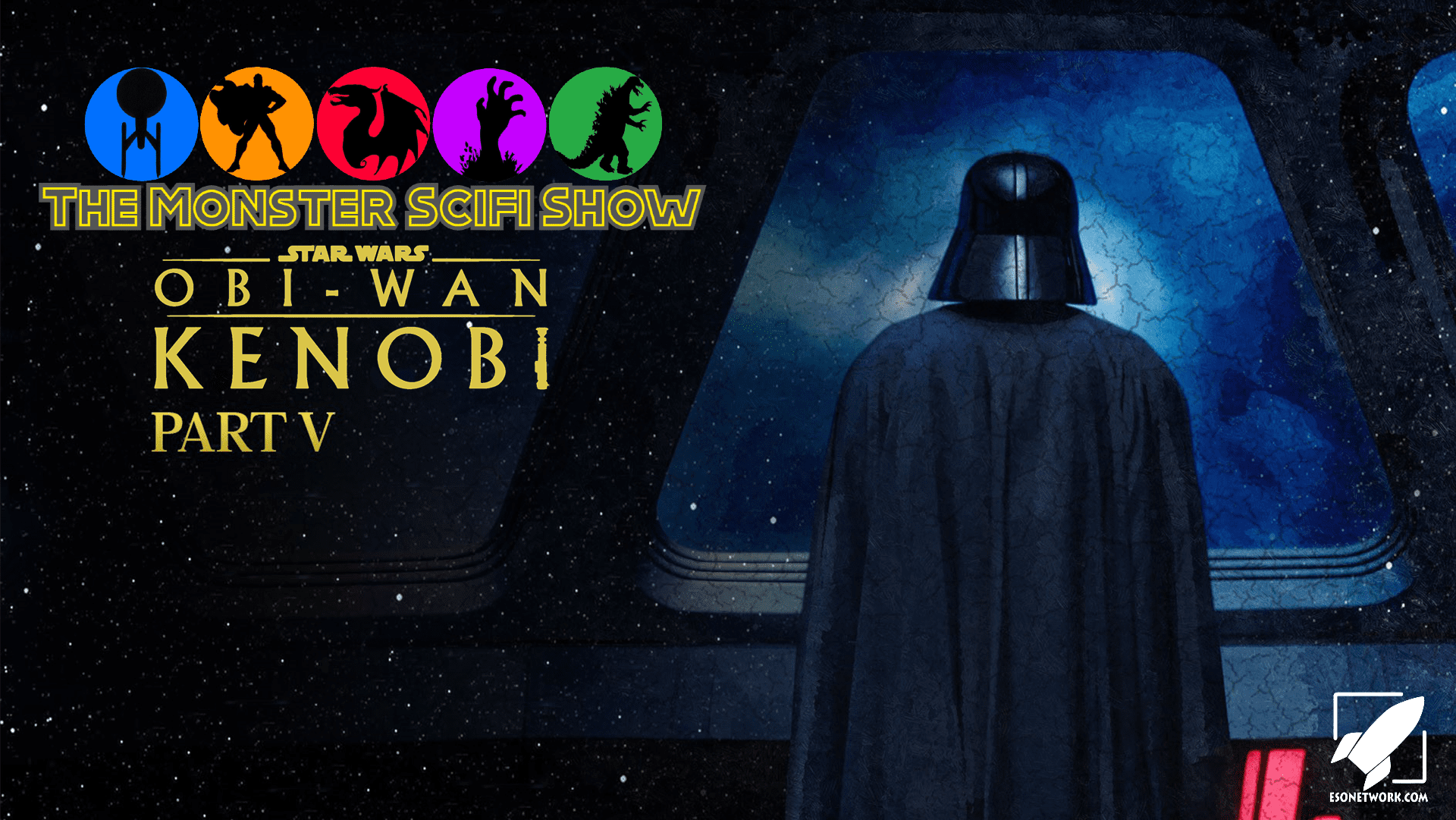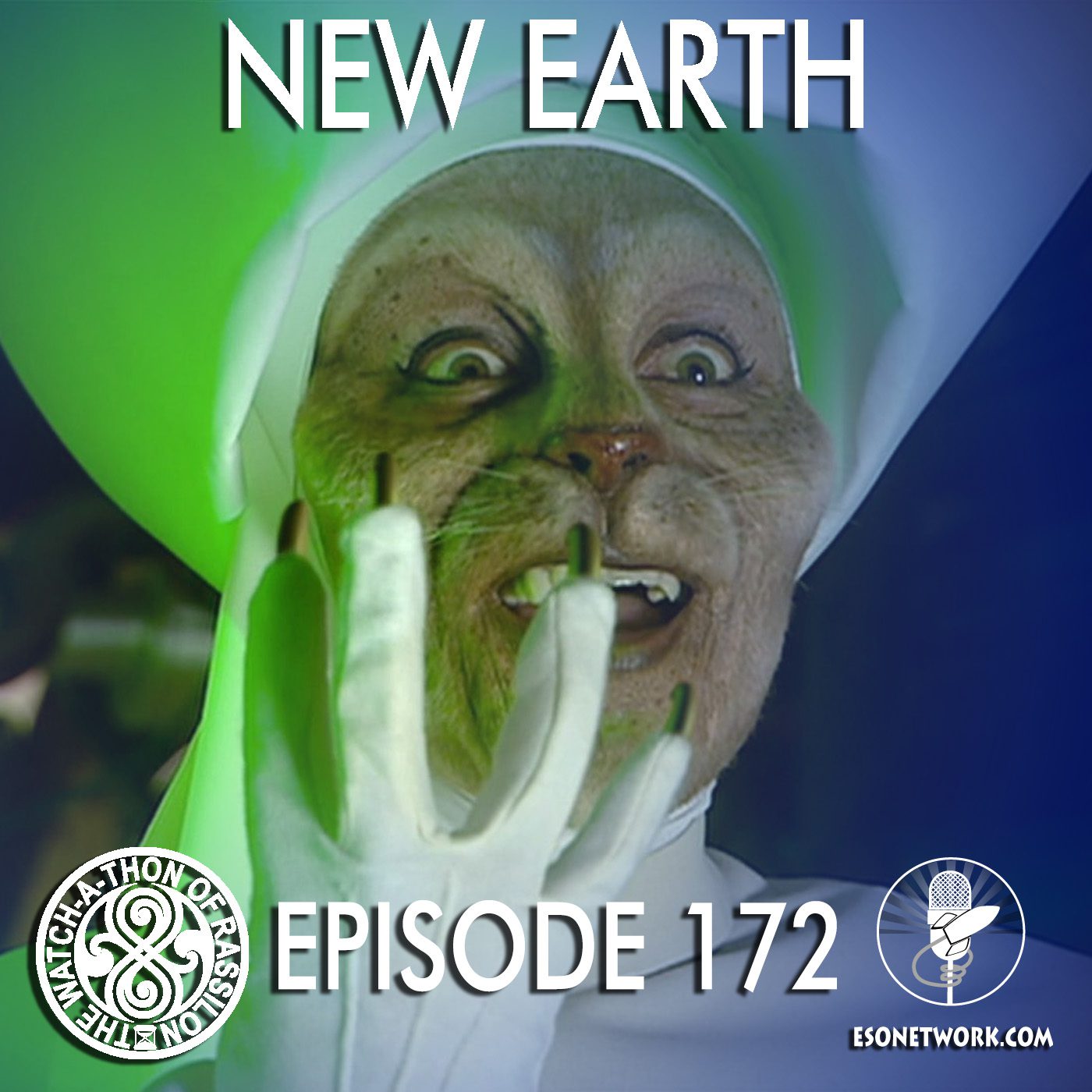The Companion Chronicles are back again! A new set has been released with four stories set during the first Doctor’s era. This time Polly gets to tell two stories with “The Bonfires of the Vanities” and “The Plague of Dreams”. This is a nice change of place, since up til now, Anneke Wills hasn’t done any Companion Chronicles set during the first Doctor’s era, so it isn’t annoying for her to have two stories here. Vicki gets to tell “Fields of Terror” while Steven rounds out the set with “Across the Darkened City”. The latest box set follows new producer Ian Atkins’ tradition of establishing a theme for all of the stories. Unlike the first Second Doctor set, though, he left this theme mysterious. It’s so tenuous that you’ll miss it through the first three stories if you’re not paying attention. “The Plague of Dreams” then explains the set up for the entire set.
One absolutely excellent part of this set is the extras. All four discs contain interviews with just about everyone involved in the production. There’s a lot of really good insight into every aspect of the production. The best part is the amount of time that they devote to sound design and music, since that’s a side that we don’t get to hear about often, and it was really nice to get that perspective.
From here each story will get its own review until a final recommendation and rating is given at the bottom of the page.
Fields of Terror
Blurb: The TARDIS has brought the Doctor back to Revolutionary France, a place that’s always fascinated him. But this time he, along with Steven and Vicki, are drawn into a devastated land, caught between the soldiers who are burning all before them and a monstrous shape that follows in their wake.
Review: This story is a really mixed bag. On the one hand, it’s not a very good Companion Chronicle. On the surface, the format only means that a companion needs to tell a story. Yet, that narration is mostly pointless unless it chronicles a significant effect in the companion’s life, gives new insights into their thinking or background, or does both things. This one does neither. Vicki drifts through the action, describing what happens but other than a couple of tense scenes barely takes part in them. She certainly doesn’t showcase much agency of her own nor give any particular insight into what’s going on. With a few extra actors this story could have easily been one of The Early Adventures range. A Companion Chronicle shouldn’t just be a short one of The Early Adventures with less actors. It doesn’t help that Pritchard also takes a step backwards to the first couple of seasons of the range and adds “he said” and “she said” to the narration. Those unnecessary elements suck any feeling of pace right out of the story and feel so out of place in the eleventh season of the range.
Steven also gets short shrift in the story. The headstrong, young pilot usually gets into the thick of things. Here, he’s mostly a quiet wallflower that only pipes up during a few points in the story. That combined with Vicki’s treatment makes it seem as if Pritchard isn’t very familiar with the first Doctor’s era, so he focuses on the Doctor himself. Since the Doctor has various traits that span all incarnations, it makes him an easier touchstone to write for. The Doctor certainly does get a large role here and his verbal sparring with the story’s villain, Lagrange, is one of the best aspects of the story.
Another nice aspect of this one are the performances on display. Maureen O’Brien is a treasure when doing women’s voices. Her Vicki is still so perfectly light. It sounds like she’s still a teenager. She also does lines as Nicole, a former French aristocrat that they run into during their adventure. You can tell that O’Brien has been living in France because her Nicole has a perfect French accent and sounds like a completely distinct individual from Vicki. Unfortunately, O’Brien’s Doctor sounds like someone entirely different from who he was on screen. Her Steven is no better, sounding like a generic “deep man voice” as read by a woman. Thankfully, Robert Hands Lagrange is so delightfully charismatic that he enthralls the listener throughout the story. It’s a fantastic performance when someone can say such vile things while still making everyone want to stop and listen to him. Well written and fantastically performed it’d be nice of Lagrange showed up in another story at some point. He’s too interesting of a character to leave alone.
The story for this one is a very dark tale. The TARDIS arrives in the middle of the worst point in the French Revolution. Vendée, a rural area, remained loyal to the French nobility. In retribution, the army was ordered to wipe out the entire region. The story is kept delightfully tense, first by the Doctor and his friends running afoul of one of the “infernal columns” sent to eradicate the area and later by the threat of a mysterious creature hunting everyone for sport. The mood is only highlighted by the terrific choice in music that lends everything an eerie and expectant air. The story pivots on a theme that those who rule by terror will be terrified in return. It’s a maxim that’s just as true now as it was then. It all leads up to a beautiful twist that keeps the story from sinking into standard, forgettable tropes. The surprise helps keep the pace up for the final ten minutes or so of the story that gives a fitting resolution that does a good job of highlighting the story’s theme.
7/10
Across the Darkened City
Blurb: On the planet Shade, The Chaons, an invading race of strange, amorphous creatures that ravenously absorb energy, have reduced the city there to a desolate ruin. Separated from the Doctor and Vicki, Steven has to join forces with an unexpected ally to find his way back to the TARDIS. Ahead, lies a nightmare journey through the dark – a test of endurance and trust.
Review: Now this is a Companion Chronicle. While a little framing for why this story is being told would have been nice, apart from the very beginning and the very end the story is just about Steven and a Dalek, so the two actors only need to provide voices for a single character. It give the story an intimate feel, which is fitting for something about two people trapped in a dangerous environment that have to help each other to survive. Nick Briggs compares it to Enemy Mine and while this isn’t as heartwarming as that story there are a lot of the same elements.
What’s really clever about this story is that it keeps pivoting around the central question of whether or not Steven and the Dalek really can work together long enough to escape. People familiar with this era of Doctor Who know that Steven must survive, which plays up to expectations that this alliance will work out. Yet, throughout the story, Steven and the Dalek continue to make decisions that harm their efforts. Yet, they keep turning around and working together again. The story keeps you guessing until the very end, yet it never seems to be overdone. When the ending comes it feels earned, which is excellent.
The story itself isn’t extremely clever, although it is nice that Bartlett uses names that would have made Dalek creator Terry Nation proud. The planet gets very little light, so it’s called Shade. The monsters that inhabit it are shapeshifters that are constantly shifting through various forms, so they’re called Chaons. It’s a nice nod to the source material. The idea of two enemies, one injured, trying to get through a city beset by mutual enemies to get to a safe haven is a basic one, but that’s ok. This is a story about character. Both Steven and the Dalek are well serviced in that respect. Briggs plays 210 with a little more nuance than most Daleks making it a little more likable and making the listener consider that an alliance may be possible. For his part, Steven shows a lot of ingenuity as he makes the most of bad situations and has to solve problems quickly. Steven also gets to take on a bit of a Doctorish role in the absence of the title character and his indignation towards the Dalek is a standout scene of the story.
There are a few issues with the story. An important moment has Steven turn the spaceship upside down which hurts the passengers and the Daleks, but the ship has artificial gravity, so that doesn’t make much sense. If the ship reoriented, everyone would just reorient with it. There seems to be an issue with a planet full of energy draining monsters having a working transmat capable of beaming people across galaxies. The power in something like that must be enormous. You’d think that the Chaons would have gotten to that already. The final issue is with the epilogue, which tries to tie this story in directly with some other classic Doctor Who stories, but ends up feeling like a vain attempt to make the story more important by giving it more weight. Since Steven isn’t narrating the epilogue it feels very out of place, and it would have been better if the resolution had been kept nebulous so that the listener could come up with their own scenario for what happened next.
This story really signals a milestone for Purves. In previous outings he was still able to sound like his old self, but it was clear listening to this story that it was a much older man reading Steven’s lines. His acting is still wonderful, but the illusion is partially spoiled when the wheezing is evident as he’s speaking. For the narration this isn’t so bad. There’s no telling when or why Steven is telling the story, so he could be doing it as a much older man. Purves still hasn’t lost the touch there and his narration is just so wonderfully done and makes all the surrounding information so interesting to listen to. Even though he doesn’t do much with his Doctor this time, he does get a few lines of dialog, and that performance is just as good as it normally is. A time will probably come soon when Purves’ Doctor is actually better than his Steven.
9/10
The Bonfires of the Vanities
Blurb: When the Doctor, Polly, and Ben arrive in Lewes in the late 1950s, they’re just in time to celebrate Guy Fawkes’ Night. But there’s no fun on the streets tonight – the town is in the grip of fear. There are imps on the loose in Lewes, the Bonfire Boys are on the march, and nobody is safe from the fire.
Review: This story is another one that felt like it was an Early Adventure lite. The narration switches between Ben and Polly throughout the story. While this gives a chance for two points-of-view and gives both actors a chance to try their hand at the first Doctor it does leave the story without a central focus. The lack of a framing device only furthers the issue. There’s also nothing really character-driven about the story. Ben and Polly each have their own adventures and things to do, but nothing that happens in this effects them in any great way and nothing deep or personal is revealed about their characters. Once again, it seems like a waste of a Companion Chronicle when this could have worked fairly well as one of the Short Trips.
The story is a bit on the light side. While there’s a lot of suspense built up in the first episode, with walking effigies of Guy Fawkes invading a library. That juxtaposed with the Doctor’s falling ill leaves the two companions in a vulnerable state, where they’ll have to make up the difference. Unfortunately when the explanations come, they’re decidedly bland. The ultimate architect of these strange doings is the worst yet being one of the weakest and most ineffectual villains I’ve seen in fiction ever. The story also feels the need to create an explanation for why there’s a gap for Ben and Polly with the First Doctor when Big Finish and the various Doctor Who novels have exploited far less reasonable gaps in the past without the need for any out-of-continuity explanation. It’s a needless distraction in a story that needs more focus. On the other hand, Mary, the librarian, is an inspired character. She’s not only surprisingly tough and resourceful, but her sensibilities create a few nice touches to the story.
From a production standpoint there seems something strangely hollow about Polly’s voice in this one. Maybe this story was recorded at a different studio than the one Big Finish normally uses, because usually their sound quality is excellent. It wasn’t awful, but it was another distracting in a story that didn’t need one. Thankfully, Anneke Wills and Elliot Chapman more than made up for it with their performances. Anneke still does an amazing Polly. She’s as vibrant and engaging now as she ever was. She also did a surprisingly fantastic first Doctor that’s decidedly better than the performances that either Maureen O’Brien or Jean Marsh give. Meanwhile, Elliot Chapman not only continues his tradition of giving flawless performances as Ben Jackson, he also shows what he can do with the Doctor. He does not disappoint. His first Doctor is technically the finest performance of the character that we’ve gotten to date. Jackson has clearly studied Hartnell’s performance and gotten all of the nuances correct. While William Russell and Peter Purves do their own interpretations of the first Doctor’s character, Jackson is clearly trying to do Hartnell justice. It’s not necessarily better than what Russell and Purves do. It’s a different take and all three men do an utterly fantastic job.
7/10
The Plague of Dreams
Blurb: “Pray welcome, one and all, to this, a fantasy in two acts, presented, most humbly, for your pleasure. We bring you drama and magic, angels and demons, a tale of mysterious plague… of nightmares made flesh… of a war fought both in this world and those immeasurably distant. A war, in fact, fought through the mists of time itself. It will make you gasp! It will make you weep! It may even make some of you wake-up…”
Review: This one’s a little bit on the strange side, which isn’t a bad thing. The Companion Chronicles have always been about experimenting with the format, and this one feels like it fits right in with the range while doing something that’s never been done before. This time Polly and the mysterious Player must act out what happened in a recent adventure. Only, Polly is having a difficult time remembering why she’s doing it. The conceit is wonderful and it gives the story a really fun feel as it goes through the trappings of the production with its effects and props. It also allows the story metatextually comment on the process of performing a play much like Big Finish does for Doctor Who fans.
The sound quality improves in this one back to its normal level of quality. Strangely, though, Anneke seems to struggle a bit with regaining her first Doctor performance. This could be because she’s supposed to play a Polly who’s struggling to remember, or it could just be that the stories were recorded out-of-order in the set. Either way her Doctor doesn’t sound as authentic as it did in The Bonfires of the Vanities. Her Polly is wonderful, though, and this story really allows her to stretch her performance as Polly. Chapman this time does perform a little as Ben and the Doctor, giving both roles the high level of quality that he’s become known for. This time he also gets to play the enigmatic Player. Since this role is wholly Chapman’s he makes the most of it. It’s so very easy to make this kind of enigmatic character really annoying, but Chapman toes the line and makes the Player interesting while also keeping him mysterious.
There isn’t much to the plot here. Without the framing device for the plot, the whole thing would be over in the span of a single episode. It’s easy to guess the source of the “plague of dreams” and how the framing device will tie into it. There’s some fun along the way, though, as the dreams create all kinds of fun scenarios. The ending of the story ties the entire arc of the box set together. It’s a very unnecessary touch that does nothing to enhance the stories. It just creates some padding at the end of this story. Yet, this one is all about the journey rather than the path and thankfully that journey is a lot of fun.
8/10
Recommendation: It’s more of a mixed bag than the first first Doctor set of Companion Chronicles. The arc that links the stories is completely unnecessary, and you may wonder why they bothered in the first place. Still, there are fantastic performances in each and some like “Across the Darkened City” will remind you of exactly why The Companion Chronicles need to come back as a monthly range. It hits more than it misses and the average is still pretty good. I definitely recommend it.
8/10
2017
Audio Drama
Big Finish Productions
Directed by Helen Goldwyn (Across the Darkened City) and Lisa Bowerman (the rest)
Produced by Ian Atkins
Written by John Pritchard (Fields of Terror), David Bartlett (Across the Darkened City), Una McCormack (The Bonfires of the Vanities), and Guy Adams (The Plague of Dreams)
Runtime Approx 4 Hrs.









